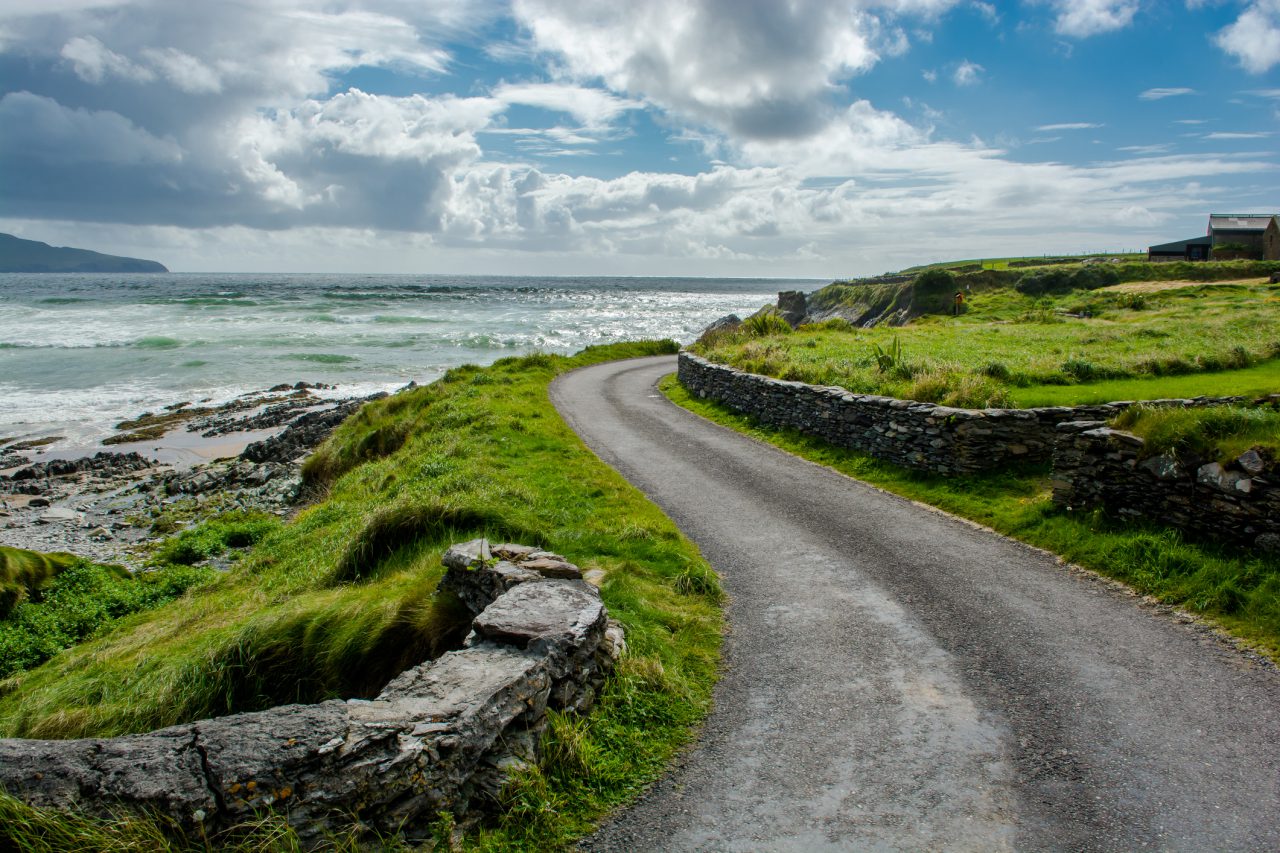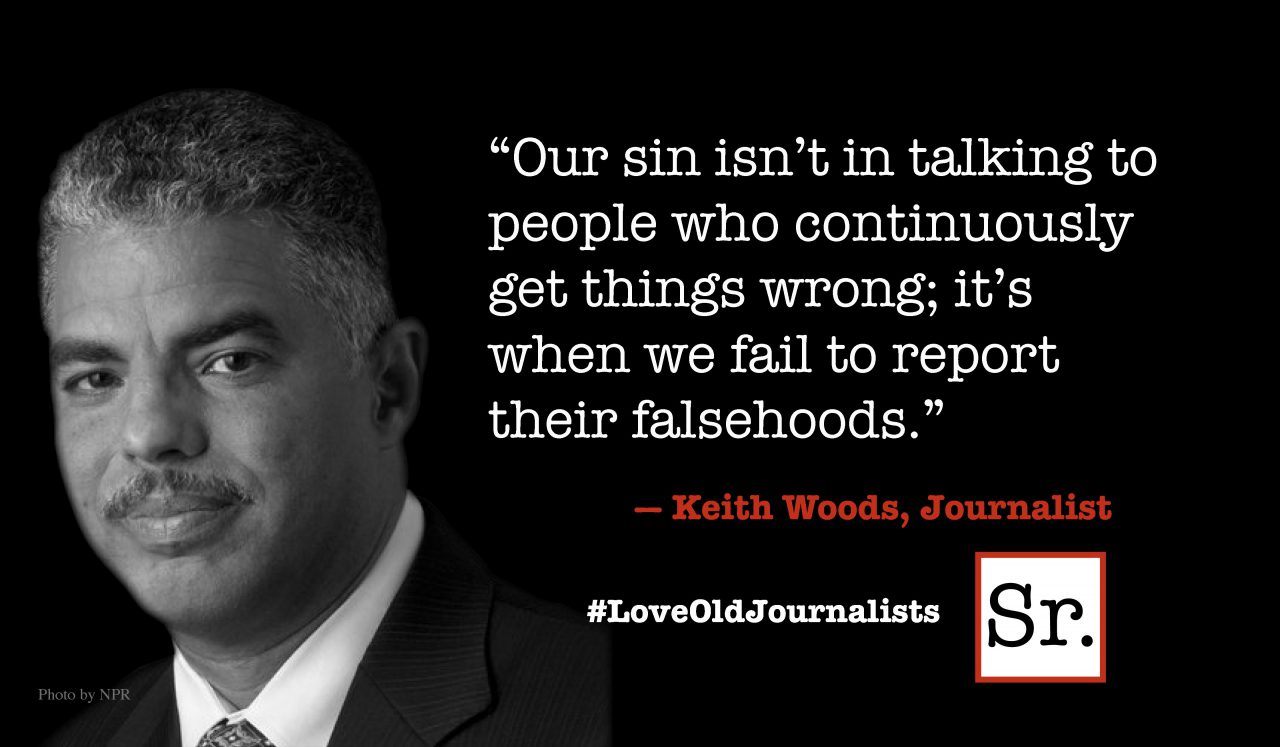Lying in the back of a small fishing boat in the middle of the North Atlantic Ocean, feeling like I was dying, but afraid I wasn't, I thought to myself, “You really did it this time.”
It was our first trip to Ireland in 1971, and my family and I were visiting Mayo, my mother’s homeland in the extreme west. There, I was presented with a gift from my aunt Kate; it was a sweater she had knitted for me in anticipation of my visit. She had been working on it for a long time. It was whitish yellow, knitted in a beautiful cable pattern from heavy, Irish wool and had five wooden buttons. I put it on and wore it everywhere and appreciated its snug protection against the cool damp climate in the west of Ireland. According to legend, the patterns knitted into a sweater are distinctive in case they have to identify a body drowned at sea.
In the course of conversation with my newly met family somebody said, “Do you do any fishing in America?”
“Not enough,” says I. “I really enjoy it, but it’s hard to find the time to get out.” Actually, my fishing experience consisted of standing on a pier, impaling a bloodworm with a hook on a weighted drop line and throwing the hook, line and sinker about ten feet in front of me, careful not to snag the lines of other fishermen. Then, if I were lucky, I’d feel a tug, pull in the line and find an inflated blowfish dangling from my hook. I was not like my friend Rick, an expert fly fisherman, nor Warren, a surfcasting aficionado, so I might have oversold my interest and my abilities, just a bit. But, the faces of my newly met relatives lit up with joy when I expressed an interest in fishing. And, a few days after that the family proudly arranged for me to meet a fisherman in Porturlin, a small fishing village nestled in a deep inlet on the edge of the Atlantic Ocean.
On the appointed day, my cousin happily drove me to Porturlin and introduced me to Liam, the captain of the boat. He was about a head shorter than me, as most of the men I met were, and had dark bushy hair, dark eyes and wore a black leather fisherman’s cap. We shook hands and he introduced me to his crew of two, Pat and Aiden. They led me off to their boat, a sturdy vessel with a forward enclosure from which the captain could pilot the boat. It also had a small covered area in the back that I would come to know very well.
These fishermen worked full-time jobs during the day and fished at night. I anticipated a fun-filled informative evening; they anticipated a late evening of hard work and baby-sitting a “Yank” who probably had to be watched over so he didn’t fall out of the boat. They had already loaded all their gear so we boarded and set out into the cold North Atlantic Ocean.
I wore my sweater, brought along a bottle of Jameson’s Irish whiskey and, with visions of an evening of conversation under the stars dancing though my head, set out. The further west we sailed the smaller our boat seemed to get until we reached a point where I felt I was sitting on a small bit of flotsam. It was early evening and the light was rapidly disappearing. I thought of my mother who crossed this way a long time ago: She sailed in 1927 on the Baltic, a ship that had been involved with the rescue of passengers from the sinking Titanic. Now, I began to worry about the gigantic passenger liners that might pass this way in the dark and wondered if they would see us even if we had running lights, which we didn’t.
We chugged on, beyond the sight of land. The farther we traveled out into the North Atlantic, and the closer we got to Boston, the smaller our craft seemed to get. I began to wonder if there were icebergs out there. The stars began to pop out one by one as evening settled in, and then all together in a glorious display the constellations began to gallop across the sky overhead. Just as suddenly, the stars that had brightened the sky dimmed and disappeared. A fog had sprung up and, when it settled in, I could see nothing at all.
The crew was dead serious about their work and not much for conversation. I tried striking up a dialogue, but they were focused on the task at hand. I knew that among the Irish fish was not a popular menu item. So, I asked about fishing in Ireland knowing that Japan, also an island nation, had a well-developed fishing fleet and their diet was made up largely by fish.
“I dunno,” says Pat. Pat, the most talkative of the crew told me, “It probably dates back to when the English ruled us.” I knew England ruled Ireland for several hundred years and that it was a capital crime to fish in Her Majesty’s waters or hunt in Her Majesty’s woods for which the punishment was an all-expenses-paid trip to the penal colony of Van Diemen's Land in Australia, or death by hanging. You were allowed to farm your own field of potatoes but woe to him who took anything from Her Majesty.
I could hear voices in the blackness now and guessed we had probably reached "the fishing grounds.” I wasn't sure, but I didn't think it was English. I asked Pat which way was home. He thought about it for a moment and pointed out the right side of the boat. Aiden interrupted "no, ya eedjit, it's that way,” pointing in the exact opposite direction. I wasn't sure if they were having me on, but we didn't have a compass on board that I could see and we certainly couldn't see any stars. All’s I knew for sure was that we were nested with a small cluster of boats in the middle of the Atlantic Ocean with Irish fishermen, and I knew that not one of them knew how to swim. They were fatalistic and knew trying to swim out of the Atlantic Ocean would only prolong the inevitable.
The constant rocking of the boat was nauseating and this, combined with a memory of a big meal, was making me a little concerned. I shivered a bit and drew my sweater about me. We had reached the fishing grounds, and our first order of business was to get down on our knees and pray. They prayed for a good catch. I prayed that I would see my wife and family again.
They dropped their lines over board just about the time I felt the first stabbing pains in my stomach. I bent over as if inspecting my shoes and wondered about my immediate future.
I retreated to the small covered area in the back of the boat, and the pains became worse. Now, my GI system was gurgling and rumbling. I ran to the side of the boat and relieved the pressure as discreetly as I could and then retreated to my lair. This happened several more times, and I knew we weren't returning to port even if I should die, which I hoped would be soon. I wondered if they would bury me at sea: I thought I might very well be the first one in my family to be buried at sea. But I was comforted in knowing that when my body washed ashore they would probably know who I was because of the pattern of my Irish sweater.
On one of my many trips to the side rail I brought my bottle of Jameson’s whiskey, gave it to Pat and told him I had hoped to share it with them but I didn't feel quite up to it. He thanked me graciously and passed it around, but they weren't going back in. They couldn’t, and I knew it. I retreated to my lair and, assuming the fetal position, waited for it to be over.
Every now and then I’d hear a call though the fog and knew that someone had caught something or that they were moving on, but the evening was not proving good for fishing. Time dragged on, and our captain pretty much stayed where we were.
After an eternity, I saw the sky begin to brighten and so I knew which way east was. The crew began to pull in their lines, and we headed back to port. I was feeling a bit better.
When we had returned to Porturlin, I jumped out of the boat, pulled my Irish sweater about me and looked forward to going home to bed; my crewmates were going to work their fields. I thanked them for the experience; they thanked me for the whiskey, all the while smiling at the “Yank.” I admired these men and appreciated how hard they worked and only regretted I hadn’t gotten to know them better.
Some years after we had returned to the United States I was going to a scientific meeting in Detroit. I carefully packed my Irish sweater, which, by this time, had become my lucky talisman. It was Oct. 30, 1984, a significant date because it was the night before Halloween or “Devil’s Night,” which the participants celebrated by burning the city down. This year there were about 300 houses set on fire, as well as numerous dumpster and structural fires.
When I arrived at the Detroit airport, my luggage did not. The airline company advised me they would deliver my luggage later that day. About 3 a.m. that night I received a phone call that went like this:
“Dr. McGrath? This is the luggage delivery service”
“Yes. Where’s my luggage?”
“Our truck was fire-bombed, and your luggage was destroyed.”
“Fire-bombed? Destroyed?”
“How is the driver?”
“He’s OK. He jumped clear of the vehicle.”
I wept for my sweater.









